| |  | The Boundaries of our Watershed Bayou City Waterkeeper serves the the lower Galveston Bayou watershed — approximately 4,000 square-miles in Brazoria, Chambers, Fort Bend, Galveston, Hardin, Harris, Jefferson, Liberty, Polk, San Jacinto, and Waller counties. Our current action alert addresses the boundaries of water subject to federal protection through the Clean Water Act (CWA). These jurisdictional delineations to determine which waters are "waters of the United States"— and therefore subject to Section 404 of the CWA— are critical to our work in protecting wetlands, and relatedly preserving water quality and advocating for flood protection. Boundaries are markers that also indicate injustices. Economically, when we look at our larger watershed, where do we choose to spend money on water infrastructure? How can we invest in projects that consider the whole health and economic vitality of the watershed and our community? How can we think about flood mitigation in a way that considers histories of disenfranchisement and pollution for Black and brown communities? Around the country and locally we see new frameworks emerging building up equity capacity within our institutions and operationalizing this understanding. I hope we can continue to revisit historical boundaries, as we think of where and how to invest in water infrastructure. The boundaries in which we connect with nature should be reconsidered. We cannot view the natural world as separate. As our waterways are interconnected, people are interconnected and a part of nature. Bayou City Waterkeeper works across disciplines and links environmental justice with conservation as we advocate for clean water, protecting wetlands, and resilient communities. A constant reflection of boundaries allows us to develop intersectional action and policy advocating for a truly healthy and equitable watershed. Thank you for your support, and remember that we are all keepers of the water and stewards of the environment. For Our Waters, Ayanna Jolivet Mccloud
Executive Director |
|
|
| |
|
| 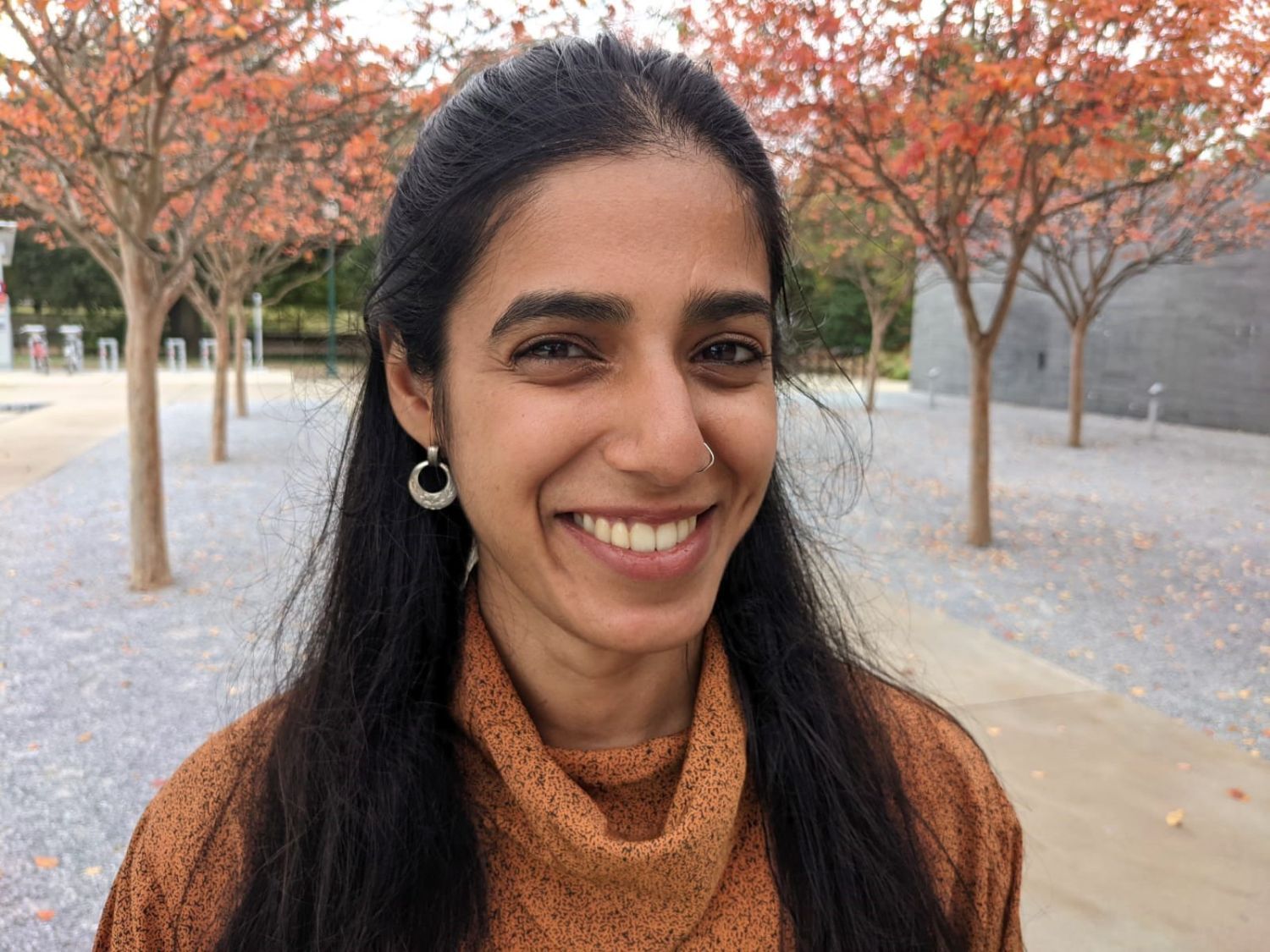 | From Our Science Arm At Bayou City Waterkeeper, our science goes hand in hand with our legal work. We believe in data-to-action and community-centered environmental advocacy, focusing our data monitoring and analysis to further our advocacy and centering community perspectives to ensure clean water for our region. Over the past few months, we’ve expanded our wetland watch program to continue to monitor new developments in our region. Looking at aerial imagery and historic maps, we determine which areas are the most pertinent to conserve and those most vulnerable to future development. We have continued our advocacy by submitting comment letters to the Army Corps of Engineers and TCEQ (Texas Commission of Environmental Quality) to protect over 1,500 acres of wetland in our watershed. Last fall, we issued a complaint to the EPA and Army Corps of unauthorized activity, a 646-acre, 2300-home development located in northwest Harris County. The site contains approximately 120 acres of wetlands identified in the National Wetlands Inventory, draining into Little Cypress Creek within the Cypress Creek Watershed. We have met with community members and will keep you posted on this development. I am excited by my recent appointment to Harris County's Community Flood Resilience Task Force and advance equitable flood protection for those most vulnerable in our watershed. I look forward to working with Harris County in this capacity and build on Bayou City Waterkeeper's ongoing work to ensure equity in disaster preparedness, resource allocation and flood protection. |
|
|
| | 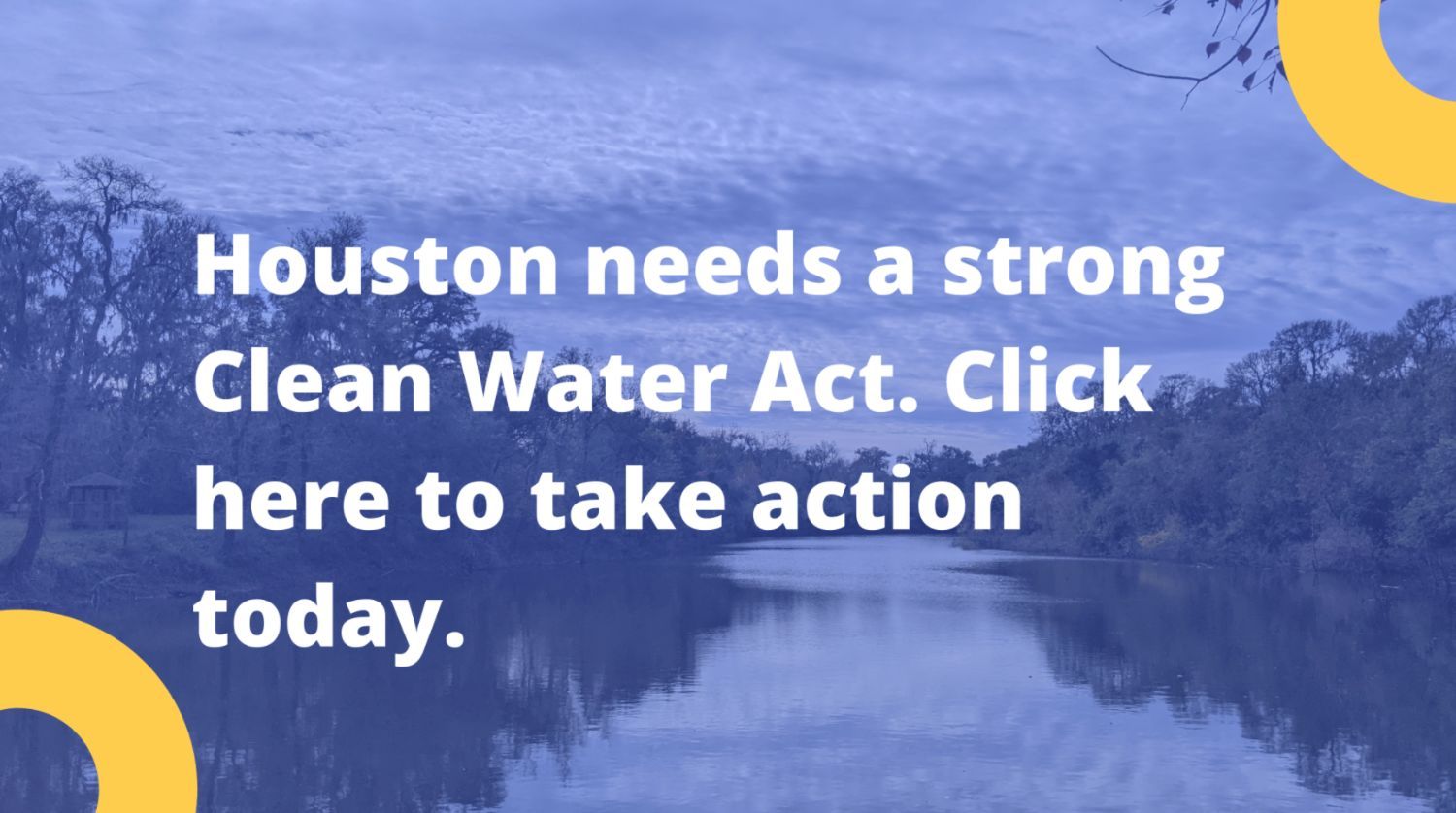 | (((ACTION ALERT))) Houston needs a strong Clean Water Act. Take action and sign on. |
| | | |
|
| 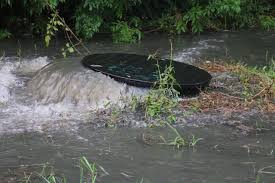 | Poo Reports: Monitoring Sanitary Sewer Overflows Bayou City Waterkeeper’s monthly Poo Report monitors the City of Houston’s compliance with the consent decree. In Spring 2021, a federal judge in Texas approved a legal settlement requiring the City of Houston to spend $2 billion on major upgrades to its sanitary sewer system over the next 15 years. As the City invests, our Monthly Poo Report aims to help our community to see how this investment is (or is not) making a difference across Houston and closely monitor the City’s compliance with the consent decree. |
| | |  | Join Our Team: Watershed Research Fellowship Looking for ways to support our wetlands and our watershed? Apply to be a Watershed Research Fellow. This part-time position will help analyze developments across the region for impacts on wetlands and community flood risk; prepare comment letters to governmental agencies; gather data and academic research about our region’s most endangered wetlands and natural areas; and, on an as needed basis, visit sites to document on-the-ground impacts. |
| |
|
 | Join Our Team: Our First Water Justice Specialist Help us shape and advance a community-centered vision of water justice in Houston as our first Water Justice Specialist. This full-time position will support our collaborative work to advance water justice, infrastructure justice, flood equity, and just climate transitions through mapping, data analysis, visualizations, strategic communications, and coordinating community outreach. |
| | | 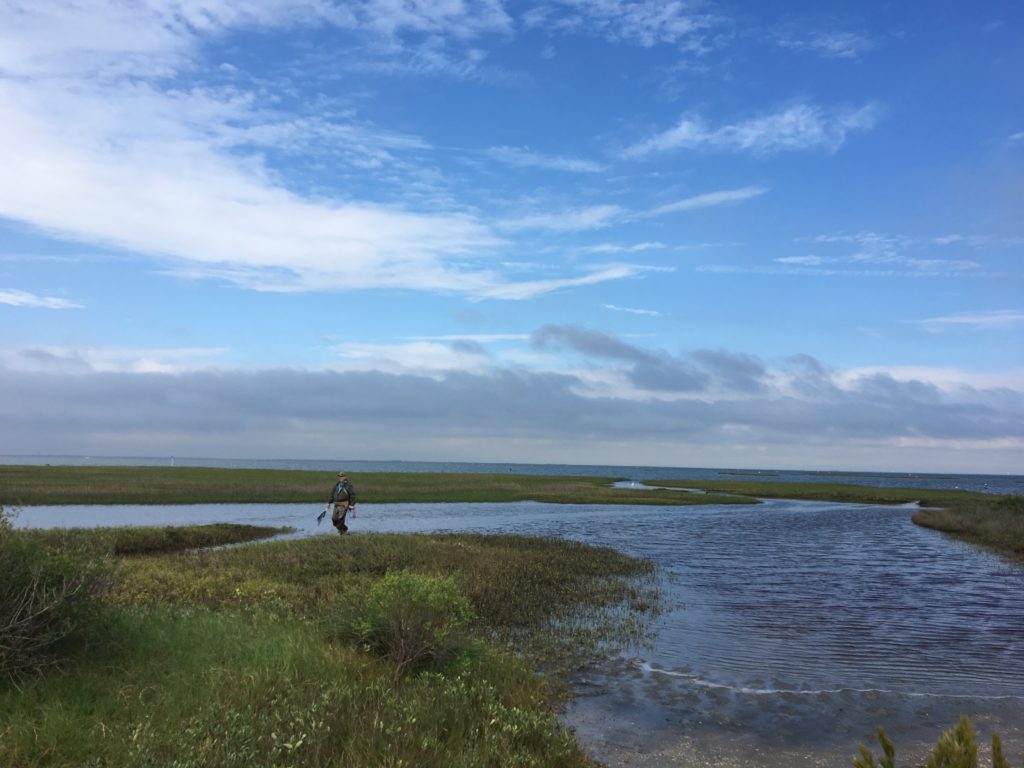 | Recommended Reading on Ike Dike: Surging Ahead In Cite Digital, Bayou City Waterkeeper's Legal Director Kristen Schlemmer reviews the Final Environmental Impact Statement for the Coastal Texas Study (CTS). The proposed solutions include the famed Ike Dike. "As one of the first large-scale infrastructure proposals to address resilience in the Gulf South, if not the United States, the CTS represents a singular opportunity to protect some of the communities and ecosystems in our country that are most vulnerable to climate change. But for greater Houston, the most populous and most ethnically and ecologically diverse part of the hurricane-prone Gulf region, the proposal misses the mark." |
| |
|
| | 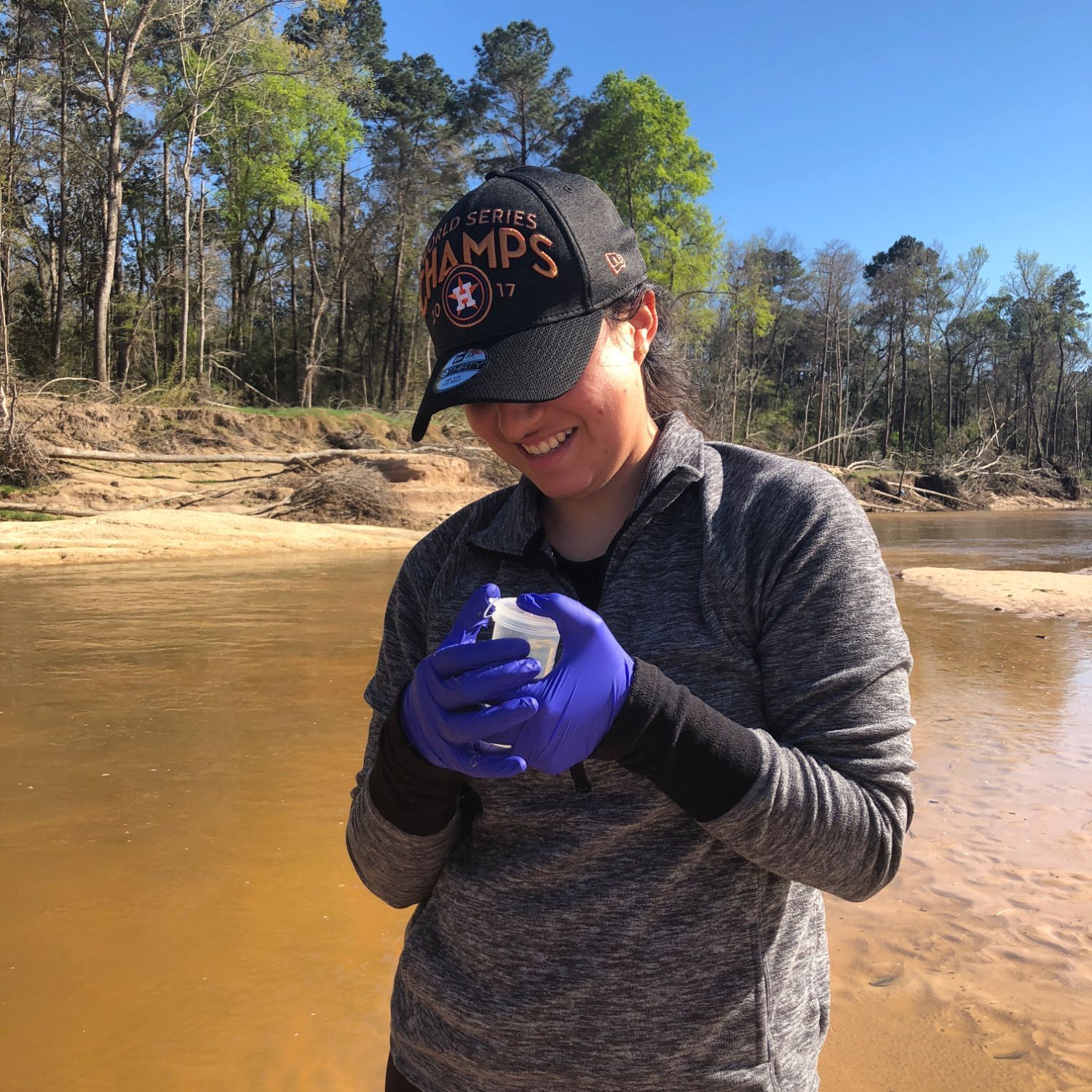 | Welcome our Spring Fellows and Interns Join us in welcoming our fellows and interns for the spring semester! Throughout the year Bayou City Waterkeeper hosts law, policy, and science fellows and interns to help with our research, investigation, and analysis of issues affecting water quality, wetlands, and resilience to flooding and climate change across the greater Houston-Galveston region. |
| |
|
|  | Video: Folks 'N Oysters Did you miss Folks 'N Oysters? Our 14th Annual Folks 'N Oysters celebrated our watershed with cooking demos from local chefs, including Margaux’s Oyster Bar, Pier 6 Seafood & Oyster House, Tiny Champion’s, and a cocktail demo by Julep Houston, as well as community celebrations of Honoree Dr. John Jacob. |
| |
|
|
|
| | | Watershed Specialist Mashal Awais joins the Community Flood Resilience Task Force, which ensures Harris County develops and implements equitable, community-driven flood resilience planning and projects. |
| |
|
February 12: Executive Director Ayanna Jolivet Mccloud is a panelist for Witness: Exploring Connections Between African American & the Lands of Southeast Texas at the Houston Botanic Garden. |
| |
|
February 16: Legal Director Kristen Schlemmer is a panelist on Climate Change & People: Displacement, Disaster Relief, & Justice at the GRITS Conference. |
| |
|
Executive Director Ayanna Jolivet Mccloud participated on a panel for the In the Path of Disaster(s) Conference presented Rice University's Center for The Environmental Studies. |
| |
|
| |
|
| Connect With Us info@bayoucitywaterkeeper.org
www.bayoucitywaterkeeper.org | |
|
| | | |
|
|